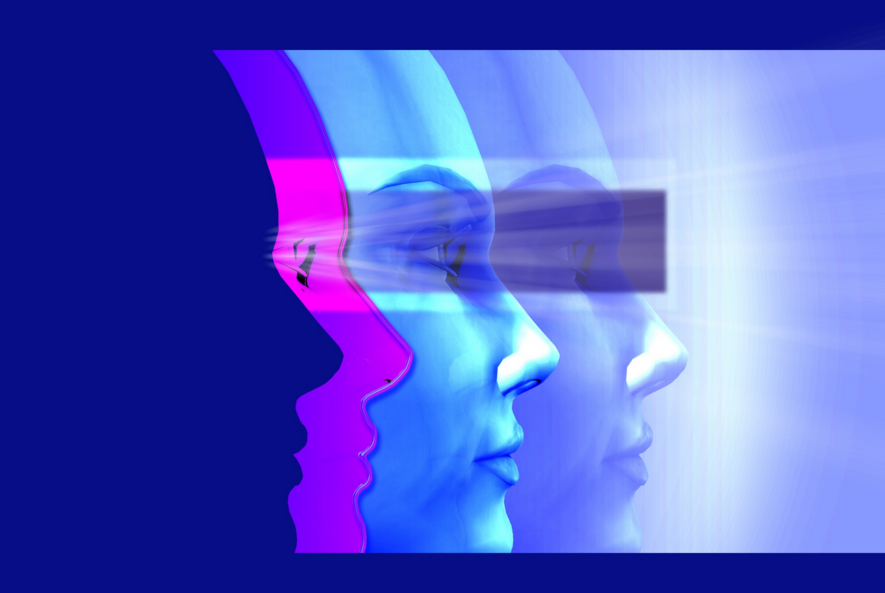When you change the way you look at things the things you look at change (Wayne Dyer)
Are you getting enough sleep? It is an open secret that if you are not, then your decision making abilities are impaired.
The field of Neurology has always been recognized as part of the medical sciences, however in recent years the work of individuals such as David Rock, an Australian currently living in New York, USA has made a significant contribution to bringing the field of study known as Neuro Science closer to the business world. The Neuro-Science Institute points out for example, that effective leaders need good sleep, moderate stress and positive affect; however, that is not what most leaders are exposed to. Poor sleep, maximum stress and negative affect are much more likely to be the order of the day and all of these issues impact the ability for the brain to make good decisions, which is then complicated when we are over-tired or stressed by the role of the unconscious mind.
Dr. Daniel G. Amen’s book “Change Your Brain and Change Your Life” lucidly explains the connections between the health of our brain, our ability to make healthy decisions and our personality traits and dysfunctions. Only 5% of our decisions are conscious, leaving 95% of them being driven by our unconscious. Neural pathways dictate how information moves through your nervous system and it has been recorded that even when we consciously believe we reject a stereotype, if we actually hear comments about a stereotype the information finds its way into our sub-conscious mind and becomes part of our imprinting. The act of bringing unconscious biases to the surface can also potentially trigger the effect of exacerbating the bias. In other words, making something more conscious enables us to be more aware of it and instead of working to minimize the bias; the impact can become larger than life, at least for a while until we re-calibrate our thinking.
There is no such thing as the innocent eye; subjectivity is everywhere, even in the face of our belief that we are being objective. Paying attention to how unconscious bias impacts decisions in the workplace is a business imperative. If you aspire to be a trend setting global leader you need to be authentic, collaborative and have an abundance of Cultural Intelligence (CQ). Cultural intelligence is not measured by the number of Frequent Flyer miles you have, but by your ability to seek understanding of differences and to know the impact of your own cultural programming. To do that you need to be willing to adjust your mirrors, widen your peripheral vision and become cognizant of your blind spots.
Helen Turnbull PhD
CEO, Human Facets
Thought Leader on Unconscious Bias and Global Inclusion

